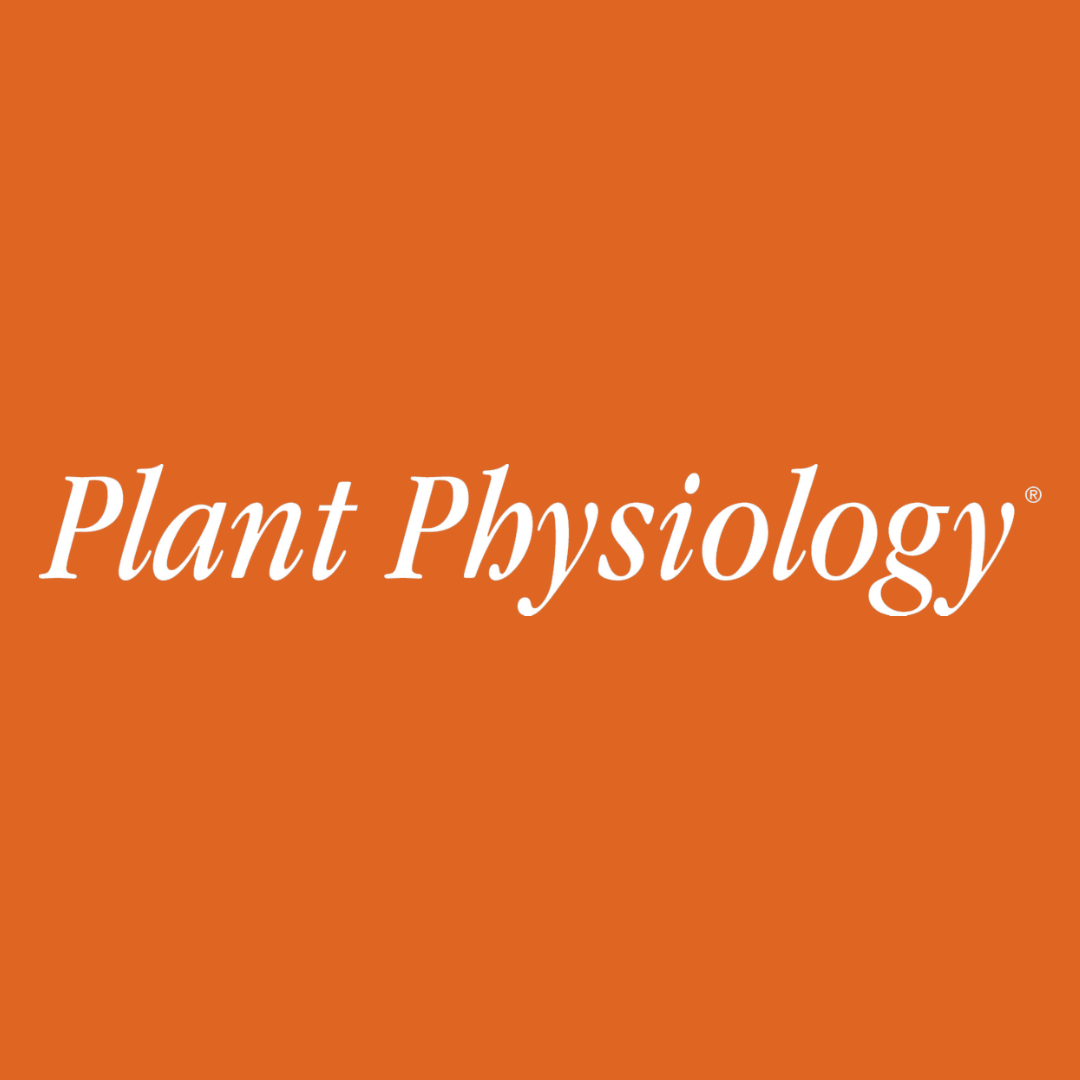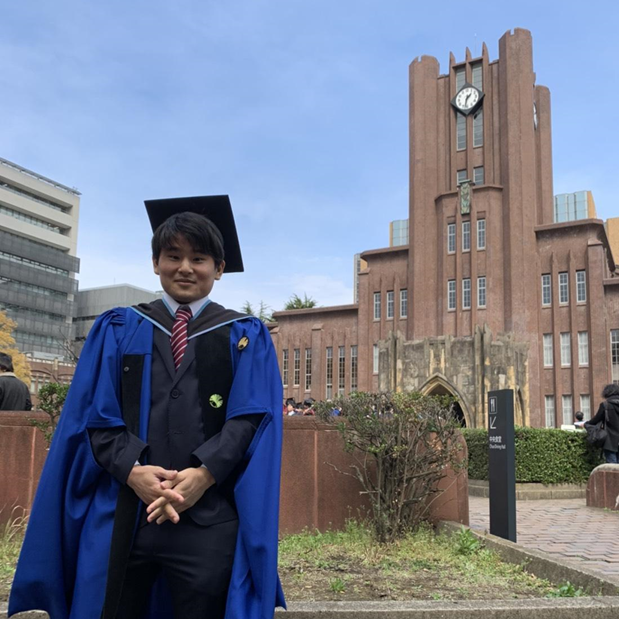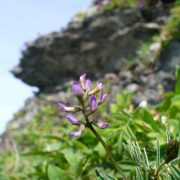Plant Physiology Spotlights July 2024 First Authors
Behind the Plant Physiology manuscripts are researchers, professors, professionals and students dedicated to advancing the field of plant science. You’ve seen our First Authors on Facebook and Twitter — now, read more about why they chose to pursue plant sciences and click on the links below to read their articles.
 Qiongqiong Zhang
Qiongqiong Zhang
Qiongqiong Zhang (she/her) is the First Author of CYTOSOLIC INVERTASE2 regulates flowering and reactive oxygen species-triggered programmed cell death in tomato published 11 July 2024. She is a Doctor at Shenyang Agricultural University.
Education background includes a 2019 Ph.D at Shenyang Agricultural University; 2016 MSc at Shenyang Agricultural University; 2012 BSc at Henan University of Science and Technology. Research interests include Plant metabolism, Abiotic stress. Personal interests include Painting, music.
“I studied for my PhD degree at the College of Horticulture, Shenyang Agricultural University, under the teaching of Prof Jiang Jing, and was engaged in the physiology of vegetable stress and male sterility, with a focus on the regulatory mechanisms of sugar metabolism on tomato reproductive development. This study identified a tomato cytosolic invertase gene, SlCIN2, primarily expressed in flowers. Blocking Sucrose transport from leaves to flowers shown in the overexpressing SlCIN2 plants reduced sucrose and strach content in flowers, which delayed flowering and disrupted tapetum programmed cell death by inhibiting the sucrose transport activity of SlSUT2. The findings provide new insights into sucrose metabolism and transport, and their impact on plant reproductive development, offering a new perspective for creating sugar-regulated gene male sterility lines in tomato.”
 Jiashan Wu
Jiashan Wu
Jiashan Wu (She) is the First Author of Soybean ethylene response factors GmENS1 and GmENS2 promote nodule senescence published 02 July 2024.She is a Ph.D student at Huazhong Agricultural University.Education background includes: 2014 BSc Huazhong Agricultural University; 2018 Ph.D Huazhong Agricultural University.Research interests include Soybean nodule senescence Personal interests include Reading, playing table tennis.
“I have been interested in plant science since I was young. I want to become a scientist, which has always been my dream. With the support and assistance of my teachers and family, I want to solve problems related to agricultural production”.
 Keiichi Hasegawa
Keiichi Hasegawa
Keiichi Hasegawa is the First Author of A disease resistance assay in Nicotiana benthamiana reveals the immune function of Response to HopBA1 published 08 July 2024. Hasegawa is a Postdoctoral fellow at Cold Spring Harbor Laboratory. Education background includes 2024 PhD at the Faculty of Mathematics and Natural Sciences, University of Cologne (in collaboration with the Max Planck Institute for Plant Breeding Research); 2020 MSc at the Graduate School of Agricultural Sciences, University of Tokyo; 2018 BSc at the Department of Biotechnology, Tokyo Institute of Technology.Research interests include Structural biology, Innate immunity in plants and animals, host-microbe interaction.Personal interests include Cycling in the countryside, running, going to cafe.
“I have been interested in plant science since my PhD on plant immunity in Cologne, inspired by Jijie Chai and Takaki Maekawa, my two great mentors. My research experiences in Cologne on a protein called MLKL proteins, immune components shared by animals and plants, in an interdisciplinary approach including structural biology and genetics, convinced me that plants are not static but constantly changing. I was amazed by how the host-microbe arms race could be explained in terms of molecules and their structures, and how immunity is similar and different in plants and animals.”
Riccardo Lorrai
Riccardo Lorrai (he/his) is the First Author of Cell wall integrity modulates HOOKLESS1 and PHYTOCHROME INTERACTING FACTOR4 expression controlling apical hook formation published 08 July 2024. He is a Research fellow at Sapienza University of Rome.
Education background includes 2018 Ph.D Life Science; 2014 MSc in Genetics and Molecular Biology; 2012 BSc in Biology. Research interests include Plant cell wall, biotic stress, plant development. Personal interests include Music, video games, reading, football.
“During high school, I got passionate about molecular biology, and during my bachelor’s internship, I started my career as a plant biologist in the lab of Prof. Paola Vittorioso. Here, I earned my Ph.D. studying seed germination and seedling development, and I fell in love with plant science and my colleague Alessandra, who continues to inspire me daily. In 2018, I moved for a post-doc position in the lab of Prof. Simone Ferrari, where I broadened my interest to the plant cell wall. In the future, I hope to own a small garden to grow as many plants as possible.”
Mingyi Yang
Mingyi Yang (she/her) is the First Author of Light-responsive transcription factors VvHYH and VvGATA24 mediate wax terpenoid biosynthesis in Vitis vinifera published 08 July 2024.
She is a Lecturer at Zhejiang Agriculture and Forestry University. Education background includes 2023 PhD. Food science at Zhejiang University, 2018 BSc Food science and engineering at Anhui University. Research interests include Plant metabolism, Cuticular wax. Personal interests include Reading.
“I studied in Zhejiang University from 2018 to 2023, under the guidance of professors Li Li and Zisheng Luo. I researched postharvest preservation of agricultural products, and the quality control mechanism by using food omics, physiological and biochemical methods, and molecular biology technologies. After graduation, I entered the College of Food and Health in Zhejiang A & F University to continue my research on the storage and processing of agricultural products. In this study, light exposure resulted in higher wax terpenoid content and lower decay and abscission rates than controls kept in darkness. Assay for transposase-accessible chromatin with high throughput sequencing and transcriptome analysis were integrated to identify the potential action sites. VvTPS12 and VvHMGR2 were identified as grape wax biosynthesis target genes, while VvHYH and VvGATA24 were identified as terpenoid biosynthesis activators. The interaction between light responsive transcription factors (VvHYH and VvGATA24) and open gene sequences was elucidated. This study characterizes the mechanism underlying light-mediated wax terpenoid biosynthesis and provides gene targets for future molecular breeding.”
Anshika Pandey
Anshika Pandey (She/her) is the First Author of Jasmonate signaling modulates root growth by suppressing iron accumulation during ammonium stress published 24 July 2024. Pandrey is a Ph.D scholar at National Institute of Plant Genome Research. Education background includes M.Sc Biotechnology, Banasthali Vidyapeeth; 2012-2015- B.Sc Biotechnology, Banasthali Vidyapeeth. Research interests include Plant Development, Nutrient sensing and signaling in plantsPersonal interests include Singing and Reading.
“My passion for plant science emerged from my academic experiences in biotechnology. During my six-month dissertation, I investigated the anti-quorum sensing and anti-biofilm properties of essential oils and bioactive molecules on Pectobacterium carotovorum. Further, I was curious to know about the plant responses to external stimuli at the molecular level. Consequently, I decided to pursue further research in plant science at the National Institute of Plant Genome Research (NIPGR) in New Delhi, India, under the mentorship of Dr. Amar Pal Singh. At NIPGR, I explored the plant response to NH₄⁺ stress using Arabidopsis as a model system. This opportunity allowed me to develop my research skills and deepen my understanding of plant molecular biology, strengthening my dedication to leveraging plant science to tackle significant agricultural and environmental challenges.”











